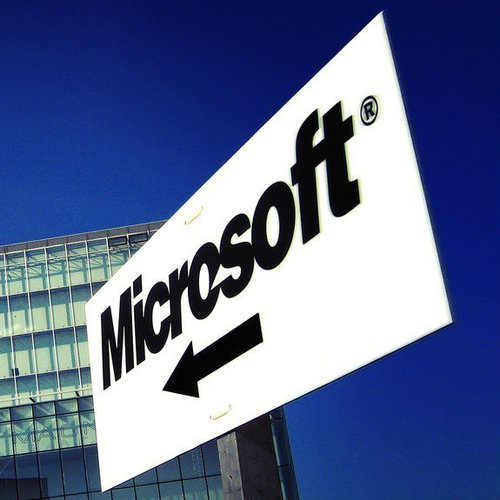Microsoft Joins Linux Foundation, After Calling Linux a 'Cancer'
Microsoft previously hated open source, but has since become a strong contributor to open source communities.

More than a decade after then-CEO Steve Ballmer called Linux a "cancer" and "Communism" Microsoft has joined the Linux Foundation, ponying up for top-tier, Platinum membership.
Microsoft Corp. (Nasdaq: MSFT) announced its membership during the Microsoft Connect developer conference in New York on Wednesday, according to a statement from the two organizations.
Once a staunch foe of open source, Microsoft now supports the technology, contributing code to GitHub, open sourcing .NET Core 1.0, partnering with Canonical to bring Ubuntu to Windows 10, working with FreeBSD on an Azure image, and open sourcing the Xamarin development kit after acquiring that company. Microsoft also works with companies including Red Hat Inc. (NYSE: RHT), SUSE Inc. and others to support their products, according to the statement. Microsoft contributes to Linux Foundation projects including Node.js Foundation, OpenDaylight , Open Container Initiative, R Consortium and Open API Initiative.
That's a big change for Microsoft. In a 2001 interview with the Chicago Sun-Times, Ballmer said Linux and the open source movement are "good competition" that would "force Microsoft to be innovative" but said Linux is "a cancer that attaches itself in an intellectual property sense to everything it touches." The Register had more at the time. The original Sun-Times article appears to be offline.
Ballmer compared the Linux community to Communism in 2000.
Fast-forward to today, and Microsoft now supports Linux on Azure, and says more Linux VMs are being created on Azure than Windows Server VMs. (See Why Microsoft Azure?)
Mike Schultz, Microsoft GP cloud platform product marketing, told Light Reading this year that Microsoft has had to embrace open source because customers demand it. (See Microsoft: Open Source Means Meeting Customers Where They Are.)
This month, the company announced Project Olympus, an open source hyperscale hardware design with a new model for speeding development of open source hardware. (See Microsoft Lights a Fire Under Open Source Hardware Dev.)
Are you a service provider executive who wants to learn more about the impact of web-scale competition on the communications sector? Join us for Light Reading's third annual 2020 Vision Executive Summit taking place in Rome, December 6-8. Contact our events team to find out if you qualify for a VIP pass.
As for Ballmer: He said in March that he now sees Linux and open source as a force for good, though he stands by his earlier statements as appropriate for the time and situation when they were made.
Ballmer served as CEO of Microsoft 2000 through 2014, when he was replaced by current CEO Satya Nadella.
Related posts:
— Mitch Wagner, 
 , Editor, Light Reading Enterprise Cloud
, Editor, Light Reading Enterprise Cloud
Read more about:
EuropeAbout the Author(s)
You May Also Like




_International_Software_Products.jpeg?width=300&auto=webp&quality=80&disable=upscale)







